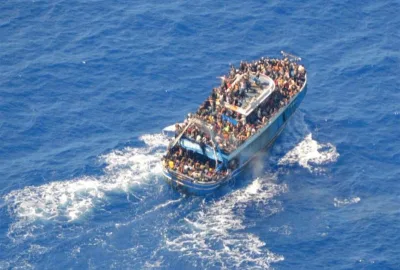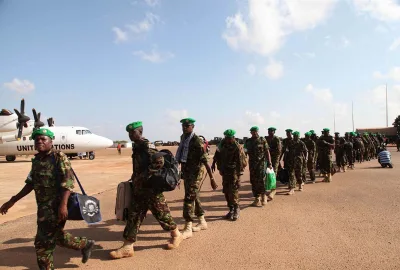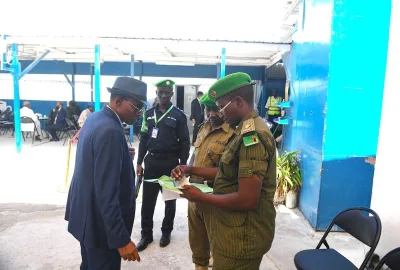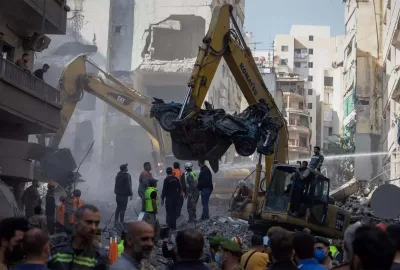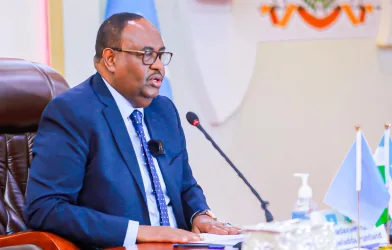The decision to delay the drawdown of the African Transition Mission in Somalia (Atmis) may indicate…
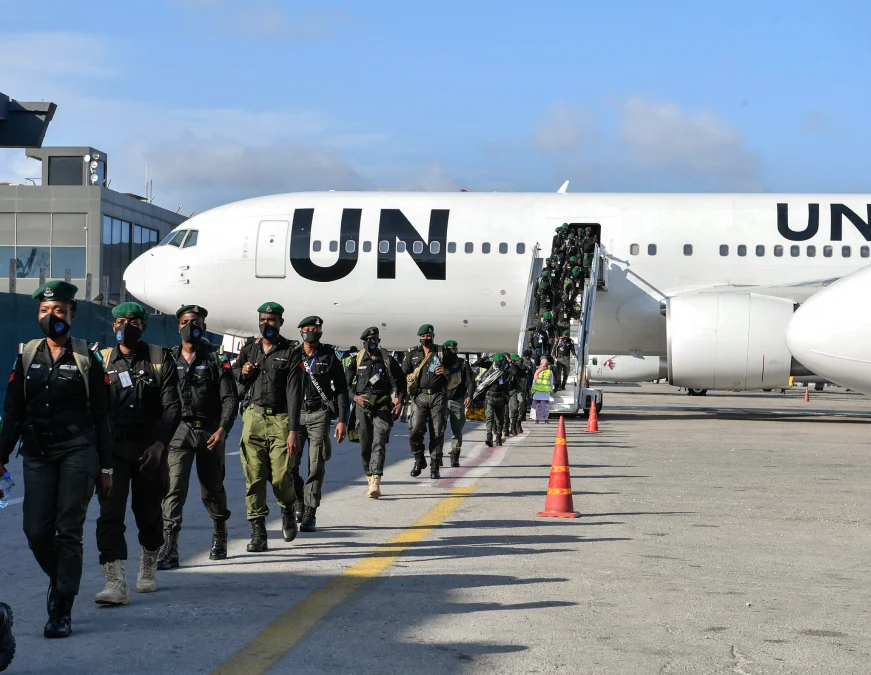
The decision to delay the drawdown of the African Transition Mission in Somalia (Atmis) may indicate gaps in rebuilding the country’s security forces meant to take over once the continental arrangement fully exits next year.
This week, the African Union (AU) said it will delay withdrawal of its sanctioned military forces in Somalia, citing resurgence of Al-Shabaab attacks. But while it did not discuss the gaps in Somalia’s rebuilding, the longer stay of troops under Atmis may signal inability of Somalia to battle the militants alone, something troop contributors had indicated in their arguments before the exit plan was first announced in February.
Under the Atmis drawdown plan, the troops were to begin gradual withdrawal beginning with 2,000 soldiers from December this year until total exit by December 2023.
But a decision reached on Wednesday by the AU Peace and Security Council, the 15-member body that decides policy and programmes on security across the continent, following a request from Somalia, said the drawdown begins in June 2023.
UN Security Council
The revised drawdown will have to be endorsed by the UN Security Council, which should be likely since Mogadishu has already backed the plan. The AU body said the UN Security Council should consider additional and predictable funding for the Atmis to specifically address the implications of the extension.
It means that the African Union Transition Mission in Somalia will delay the stated gradual withdrawal by six months, allowing the forces to support the Somali National Army to battle the resurgence of Al-Shabaab.
“[The PSC] confirms support for the FGS (Federal Government of Somalia) request to extend the Atmis Phase 1 Reconfiguration for the drawdown of 2,000 Atmis troops from 31 December 2022 to 30 June 2023, as a slight revision of the operational timeline, while reconfirming the commitment to maintain the exit date of 31 December 2024 by Atmis,” the Council said.
The Atmis were in February reconfigured from the African Union Mission in Somalia (Amisom) following a UN Security Council resolution to help build Somalia’s security forces and allow continental troops to gradually pull out starting this December. Atmis’ mandate was also changed from purely a combat force to one with civilian technocrats to help draw up Somalia’s rebuilding programmes.
At least 2,000 troops were to depart Somalia starting next month, allowing troop contributors Kenya, Ethiopia, Djibouti, Uganda and Burundi to totally exit by December next year.
Acting in solidarity
But the AU Council on Wednesday said it was acting in “solidarity with the people and the Government of Somalia in their aspirations for durable peace, security, stability, and prosperity, for the benefit of the region and the Continent as a whole.”
The PSC said the original total exit dates will remain unchanged, however. The slight revision of the draw-down means a new programme will be publicised by end of February 2023.
In the meantime, the AU Commission, working jointly with the UN, Somalia government, and partners are to submit a joint report by February 15, 2023 on the technical assessment of progress made and compliance with agreed benchmarks for withdrawal “to guide the PSC on the next steps in the transition plan,” the Council said.


